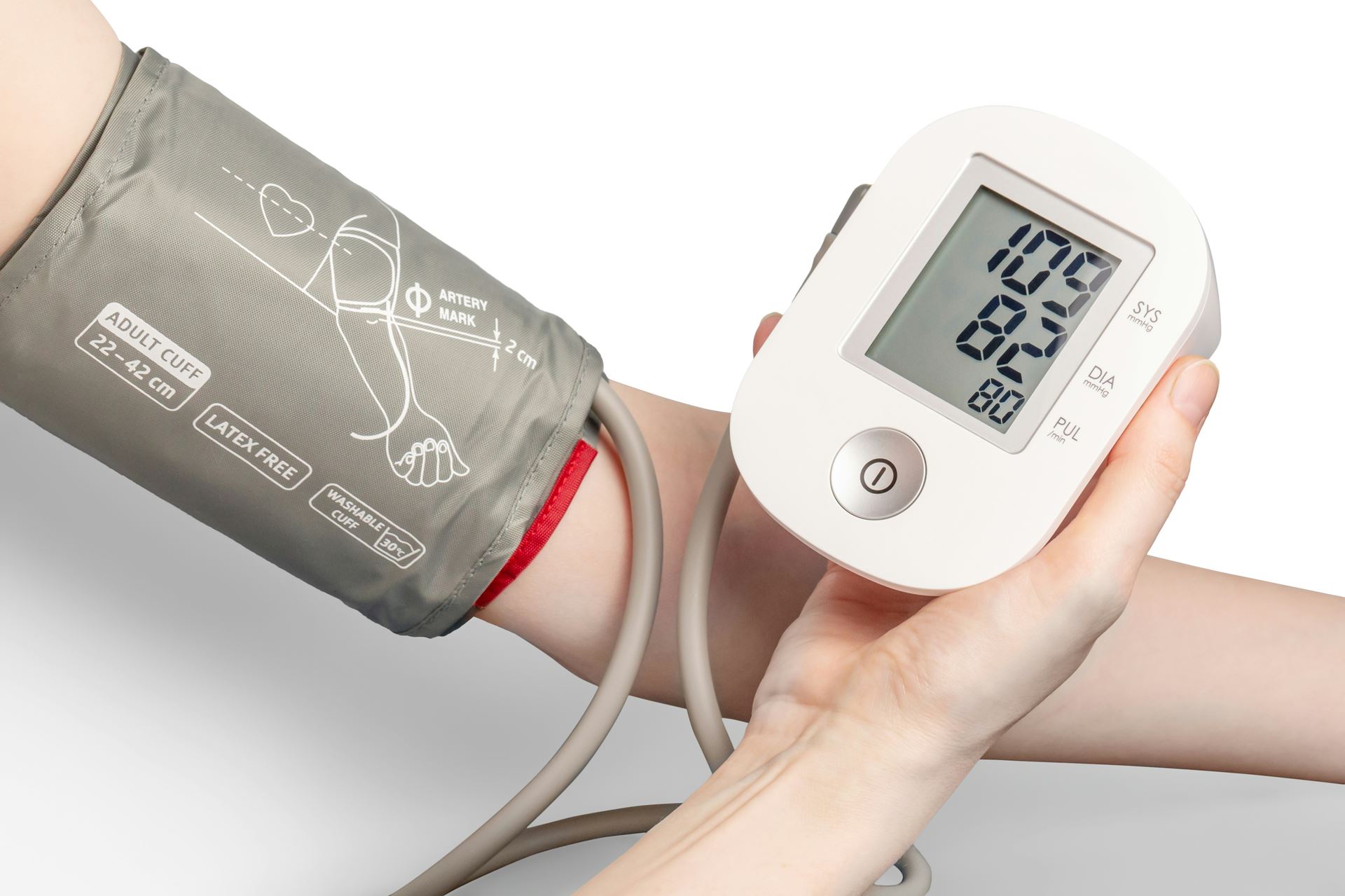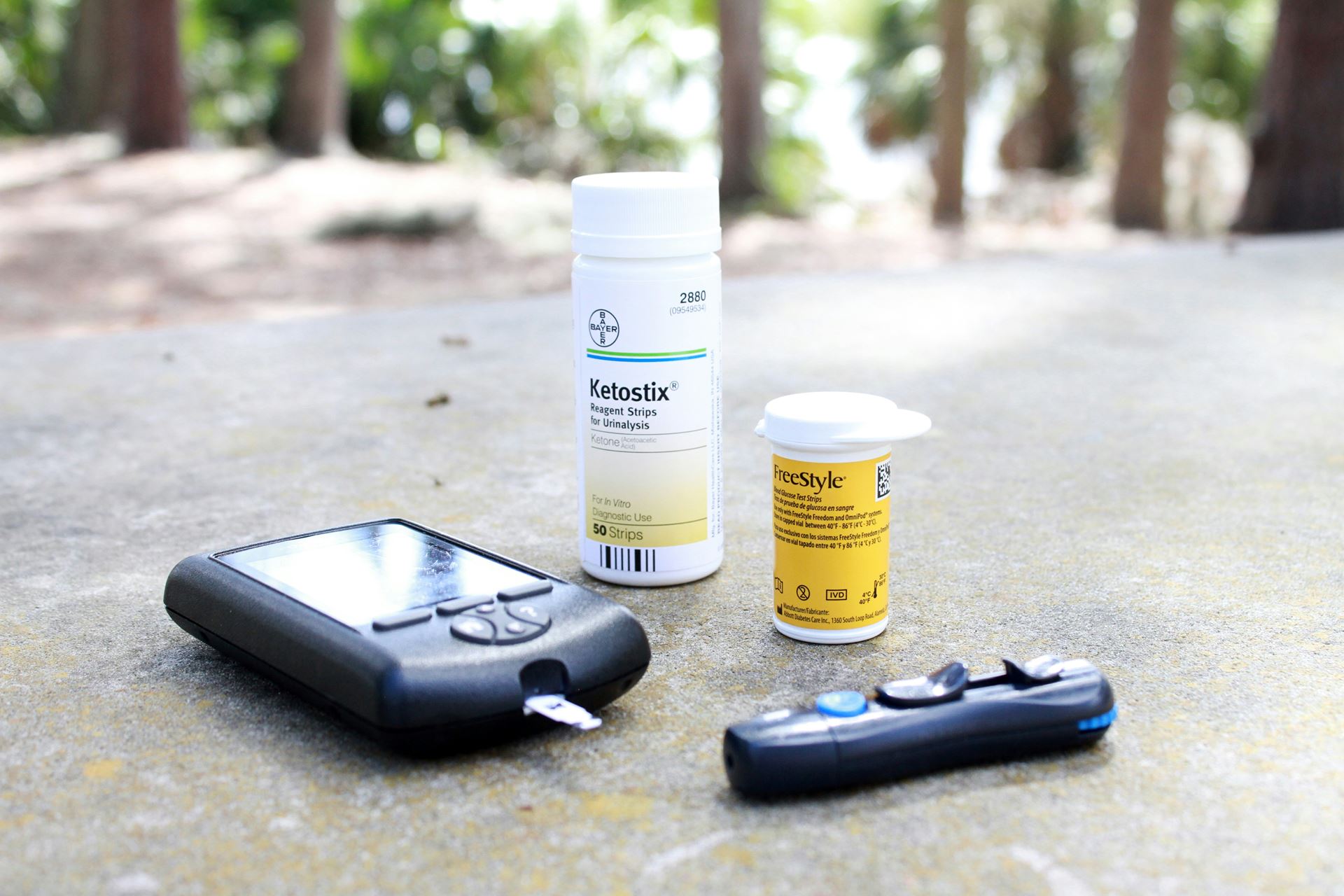Health Information and Videos
- Cancer
- Know the symptoms: ABCD of bowel cancer
- Know the symptoms: ABCD of breast cancer
- Know the symptoms: ABCD of gynaecological cancers
- Know the symptoms: ABCD of kidney and bladder cancer
- Know the symptoms: ABCD of lung cancer
- Know the symptoms: ABCD of prostate and testicular cancer
- Know the symptoms: ABCD of skin cancer
- Endocrinology and Diabetes
- Importance of good diabetes control
- What is HbA1c
- What is pre-diabetes
- Thyrotoxicosis (Overactive thyroid)
- Underactive Thyroid
- Women's Health
- Cervical Screening
- Breast Screening
- Breast awareness
- Fitting the coil - IUCD
- Introduction to Pilates
- How to do pelvic exercise
- Menopause: Causes, Symptoms, and Hormone Replacement Therapy (HRT)
- Various Methods of Contraception: Pros and Cons
- Ovarian Cancer Awareness Month: Overview & Key Symptoms:
WHAT IS PSA AND HOW USEFUL IT IS?
Prostate-Specific Antigen (PSA) is a protein produced by cells of the prostate gland, which is found only in males. The PSA test measures the level of this antigen in a man's blood. PSA levels can rise due to various prostate conditions, both benign and malignant.
Uses of PSA Testing
Screening for Prostate Cancer: PSA testing is often used as a tool to help detect prostate cancer in its early stages. Higher levels of PSA in the blood can be an early indicator of prostate cancer, prompting further investigation such as a biopsy or imaging.
Monitoring Prostate Cancer: For men who have already been diagnosed with prostate cancer, the PSA test can help:
Monitor treatment effectiveness: After treatments like surgery or radiation, decreasing PSA levels may indicate successful treatment.
Detect recurrence: If PSA levels rise again after treatment, it may suggest that the cancer has returned.
Assessing Non-Cancerous Prostate Conditions: Elevated PSA levels can also occur due to benign prostatic hyperplasia (BPH) (enlargement of the prostate) or prostatitis (inflammation of the prostate). PSA testing can help diagnose these conditions and guide treatment decisions.
Risk Assessment for Prostate Disease: In combination with other tests (such as digital rectal exams), PSA levels can provide insight into a man's risk of developing prostate-related diseases, which may require further monitoring.
Factors that Can Affect PSA Levels
Age: PSA levels tend to increase naturally with age.
Prostate Size: An enlarged prostate (BPH) can lead to higher PSA levels.
Inflammation or Infection: Prostatitis or urinary tract infections can cause a temporary rise in PSA.
Recent Ejaculation: Can also slightly increase PSA levels.
Limitations of PSA Testing
False Positives: Elevated PSA does not always mean prostate cancer. It could be due to non-cancerous conditions.
Overdiagnosis: Some prostate cancers grow very slowly and may not cause serious health problems, leading to overtreatment.
PSA Levels and What They Mean
Normal PSA Level: Typically less than 4 ng/mL (nanograms per milliliter) is considered normal, though this range can vary by age.
Borderline PSA Level: Between 4–10 ng/mL may suggest further testing is needed.
High PSA Level: Over 10 ng/mL increases the likelihood of prostate cancer, but it still requires confirmation through other diagnostic tests.
In summary, PSA testing helps in early detection of prostate cancer, monitoring treatment outcomes, and diagnosing other prostate-related conditions, but its results need to be carefully interpreted within the broader clinical context.
Page created: 09 May 2023

















